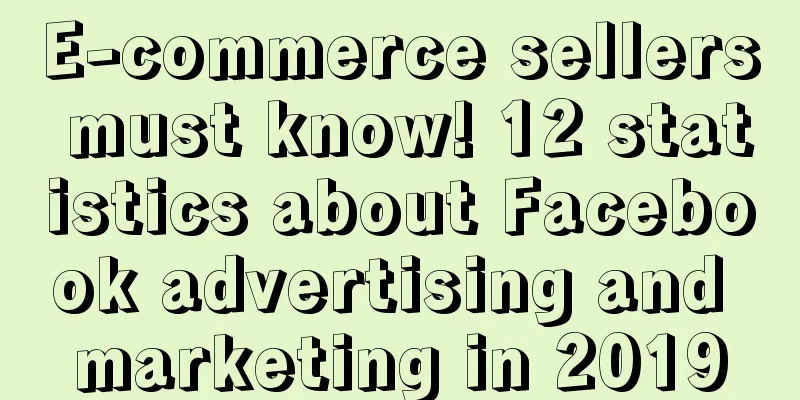US e-commerce sales rose in July! Demand for some categories fluctuated greatly

|
It is learned that according to data from MasterCard Spending Pulse, US retail spending improved in July, with e-commerce sales increasing significantly driven by Prime Day and other promotional activities.
Data showed that U.S. e-commerce sales increased 11.7% year-on-year in July, a sharp increase after several months of weak growth. At the same time, in-store sales remained high, up 11.1% year-on-year and 13.9% compared to before the epidemic in 2019.
Total U.S. retail sales rose 9% year-over-year. The report noted that July’s spending growth exceeded the monthly year-over-year growth so far in 2022, with both demand and price increases contributing factors.
The report shows that as consumers continued to spend in July, the impact of inflation varied by industry. For example, in the grocery industry, sales increased by 16.8% in July, mainly due to rising food prices. On the other hand, clothing (up 16.6%) and jewelry (up 18.6%) sales achieved strong year-on-year growth driven by demand, far exceeding inflation in specific industries.
Other highlights from the MasterSpending Pulse July report include:
• E-commerce sales climb amid promotions. U.S. e-commerce sales posted their first month of double-digit sales growth since December, at 11.7%, in July. (Compared with July 2019, sales were up 98.5%, or nearly double.) While online sales have been picking up since early June, major promotions in July, including Amazon’s Prime Day , helped entice shoppers to splurge (and save) on deals online.
• Fuel and convenience spending remained high, up 32.3% year-over-year. But the rate of increase was lower compared to June – reflecting lower prices at the pump.
• Cooling housing market slows sales of home-related goods. After heating up during the pandemic, the U.S. housing market has cooled significantly since the beginning of 2022, affecting consumer spending on home-related goods.
Sales growth has slowed in the home improvement (up 2.9% in July) and furniture and furnishings industries (up 5.0%).
•Department store sales increased 14% year-on-year in July.
The latest retail trends highlight that consumers are seeking affordable goods and shopping across channels. As retailers grapple with excess inventory and supply chain constraints, promotions will likely continue to be a key strategy for retailers in July.
Editor✎ Ashley/ Disclaimer: This article is copyrighted and may not be reproduced without permission. |
<<: What changes have taken place in Americans’ consumption behavior under high inflation?
>>: Inflation is high, but US e-commerce is growing instead of decreasing! Who is buying?
Recommend
What is Amazon Japanese Customer Service? Review of Amazon Japanese Customer Service
Amazon Japan has launched a new service for Chines...
What is Amazon Customer Insights? Amazon Customer Insights Review
Amazon Customer Insights allows sellers to create ...
Amazon Shipping Policy Update! This indicator cannot be lower than 90%!
Normal, once there is data abnormality, such as s...
What is Ocean Int Ltd? Ocean Int Ltd Review
Ocean International has been serving the developme...
FBA warehouses were urgently closed! Amazon secretly rejoiced
Last weekend, a tornado hit the east coast of the...
What is Zhixia? Zhixia Review
Zhixia is a professional Shopee data analysis soft...
U.S. grocery e-commerce sales fell 3.8% year-on-year in April, and order volume dropped 5.8%!
<span data-shimo-docs="[[20,"获悉,根据Brick Me...
Good news! Amazon has launched this new tool which is awesome!
Reducing the return rate has always been an import...
What is ZEBO Sunvalley? ZEBO Sunvalley Review
Sunvalley Group was founded in 2007 and has grown ...
What is SendGrid? SendGrid Review
SendGrid is an email service platform that helps m...
What is Auchan? Auchan Review
Auchan is the second largest supermarket group in ...
The U.S. pet market continues to be hot, with online sales expected to reach $30.7 billion in 2022!
<span data-docs-delta="[[20,"获悉,根据Packaged...
51% of U.S. consumers plan to continue shopping after the holidays, expecting to spend between $100 and $499
It is learned that on January 2, according to fore...
WOOT Promotion Annual Data Report - What do the top-selling links look like?
WOOT My C position Looking back over the past yea...
Cyber Monday sales surge! How are orders and traffic trends during the peak season?
Cyber Monday officially ended this afternoon. Th...









